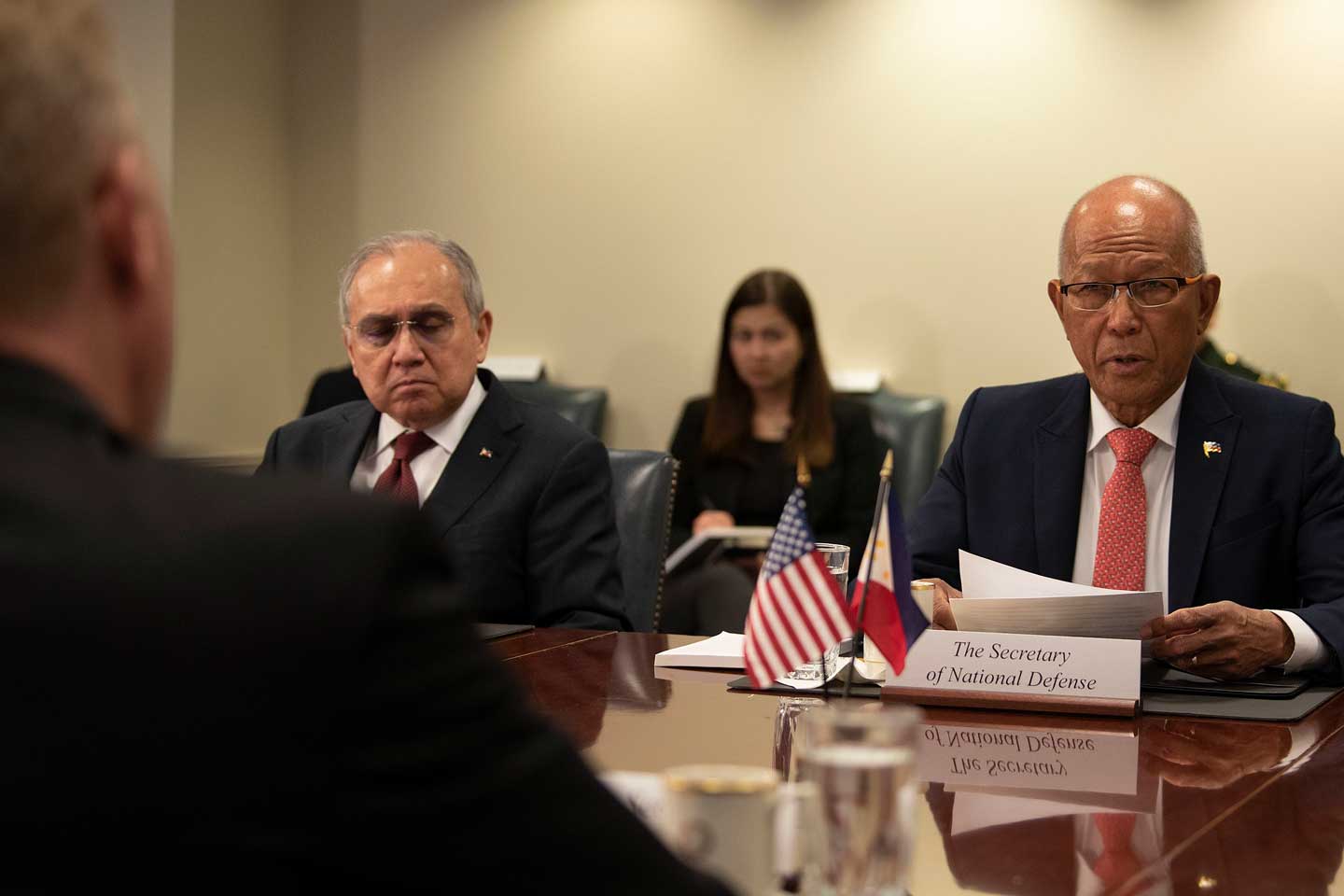
Major and Middle Powers in the Indo-Pacific

On November 25, BGA collaborated on a virtual panel with the Stratbase Albert Del Rosario Institute (ADRi), an independent international and strategic research organization, as part of the Pilipinas Conference. The event featured some of the company’s leadership, including President and CEO Ernie Bower and managing directors from Australia, India, Japan and Singapore.

The BGA team participated in a conference panel focused on the geopolitics of the Indo-Pacific region, including the role of major and middle powers. The panel, which was moderated by BGA Senior Director Tiffany Ma, included remarks by Bower along with Managing Director for Australia Fergus Hanson, Managing Director for Singapore James Carouso, Managing Director for Japan Kiyoaki Aburaki and Managing Director of India Ratan Shrivastava. It also featured opening remarks by Stratbase ADRi President and BGA Philippines Managing Director Dindo Manhit and a keynote address by Philippine Secretary of National Defense Delfin Lorenzana.
Manhit’s remarks emphasized the multipolarity of the region apart from what he termed as “unipolar hegemony, and Lorenzana, in his keynote address, stressed the important role of ASEAN amid growing U.S.-China rivalry. In framing remarks before the panel, Ma noted the importance of appreciating the agency of key powers in a post-World War II regional order that is in flux, as well as their ability and willingness to shape the region’s future. Aburaki, Hanson, and Shrivastava all reinforced the role of major powers in the region, including Japan following the transition from Shinzo Abe to Yoshihide Suga, Australia and its delicate balancing act in managing ties with China, and India under the Act East Policy of Prime Minister Narendra Modi.
With the event coming just after the U.S. presidential election, the U.S. role unsurprisingly featured prominently in the discussions. Bower said he expected the Biden administration to reinvest in Asian architecture, including the East Asia Summit or the Asia-Pacific Economic Cooperation (APEC) forum, while Carouso noted that the simple desire to “show up” at multilateral for a would itself be a big departure from the current administration’s more transactional approach.
In concluding remarks wrapping up the panel, Ma added that the remarks reinforced the fact that contrary to some of the headlines often seen, individual powers in Asia are not just hedging their bets between the United States and China, but also seeking to drive agendas and asserting influence well beyond their borders as well. This was a theme that resonated more generally throughout the conference, now in its fifth year.

Tiffany Ma
Senior Director



















